The content of the article
The domestic market has recently been able to offer an abundance of tropical fruits. On the shelves papaya solemnly took its place - a delicious and healing fruit that resembles melon in its properties. Absolutely everything is useful in it - skin, pulp, seeds and even leaves.
Of course, a cautious person would not immediately risk trying an unknown fruit. Despite the proven benefits, papaya can be consumed by no means all, and only in limited quantities.
Chemical composition
On the market papaya is presented in very different forms: fresh fruit, jam, candied fruits, jams and so on. The raw version is the most useful, as it contains the maximum of useful components:
- vitamins of group B, C, D, E, and also beta carotene;
- dietary fiber - almost 2 g per 100 g of product;
- ash;
- salicylic acid;
- fibrin;
- enzymes (for example, papain, arginine, carpain);
- caricaxanthin (gives the fruit an orange color);
- antioxidants (lycopene, zeaxanthin, lutein);
- mineral compounds (phosphorus, iron, zinc, calcium, silicon, sodium, potassium, chlorine, and others).
Fruit is ideal for diet, as almost 90% consists of water. Also included are carbohydrates (up to 8 g per 100 g of product), proteins and fats in insignificant volume, fiber. The total caloric content is about 40 kcal.
The tropical fruit is unique due to the plant enzyme papain, which is similar in composition to the hydrochloric acid of the stomach. The substance in the process of digestion actively breaks down proteins, starches and lipids. Often, papaya is introduced into the diet of people who have observed the pathology of self-protein cleavage.
Other enzymes affect the cardiovascular system, stabilize the number of contractions per minute, strengthen the muscle, normalize pressure. Together with potassium, they increase the tone of the vascular walls, cleanse them of atherosclerotic plaques and restore blood flow.
Vegetable fibrin is similar in properties to the component that provides blood clotting. Papaya is needed to recover from serious injuries and surgeries.Women should eat fruit before and after childbirth to prevent the risk of bleeding and complications.
Ascorbic acid is an antioxidant that cleanses the body of toxins, metabolites, radionuclides, metal salts, and also prevents the development of malignant processes. Vitamin C models the immunity, increases its resistance against colds, pathogenic microflora (viruses, infections, bacteria, parasites).
Beta-carotene, which contains papaya in excess, strengthens the optic nerve and restores visual acuity. It also has a positive effect on the condition of the skin, hair and nails. Vitamin A is responsible for the health of internal organs, reduces the risk of calculus deposits.
Vitamin E is actively involved in metabolism, has a positive effect on the nervous system. It is believed that a sufficient level of this component prevents the oncology of the prostate and bladder.
Useful properties of papaya
A valuable tropical fruit is especially pleasant to treat, because it is also so tasty and juicy. Regular use of papaya allows you to achieve the following effects.
- Clean the gastrointestinal tract from poisons, metabolic products, slags and cholesterol. Plant fibers adsorb harmful substances without disturbing the natural microflora of the stomach and intestines. Fresh papaya destroys infections and pathogens in the intestines, promotes healing of cracks, ulcers and inflammations.
- Prevent the occurrence of blood clots. Fruit strengthens blood vessels and heart muscle, clears the walls of cholesterol and atherosclerotic deposits, which ensures normal blood circulation and neutralizes stagnation. Papaya regulates blood clotting and prevents increased thrombosis.
- Reduce pain. Due to its anti-inflammatory and analgesic properties, the fetus reduces painful sensations from skeletal diseases (osteoporosis, arthritis, osteochondrosis), intestinal colic, and migraines.
- Destroy the parasites. Papaya has long been used as a remedy for worms, amoebas, Giardia and Salmonella.
- Strengthen the musculoskeletal system. Enzymes of the fruit contribute to the growth of connective tissue of intervertebral discs, which reduces the manifestations of osteochondrosis, hernias and displacements.
- Reduce the acidity of the stomach. The enzyme papaya alkalizes gastric juice, lowering the acidity of the environment. At the same time, digestion and peristalsis are improved. This property helps to get rid of heartburn, reduce the appearance of gastritis and ulcers.
- Increase insulin secretion. This component, in turn, reduces the level of glucose, which is very important for patients with diabetes and gestational diabetes.
- Clean the kidneys and reduce puffiness. Raw papaya is an excellent diuretic, which allows you to remove toxins from the kidneys, clean the urinary ducts, and also remove excess water from the body. As a result, the pressure drops to a healthy level, and the generalized edema dissolves.
- Lower body temperature. Papaya can be given to children at elevated temperatures, as the fruit has antipyretic properties due to salicylic acid.
- Reduce the risk of cancer. If a family history was observed cases of cancer of the colon, stomach, lung, prostate, bladder and other organs of the gastrointestinal tract, then papaya must be in the diet. A significant amount of antioxidants allows you to deal with benign and malignant tumors, to suppress their development and growth.
- Heal skin lesions. The pulp and skin can be used as a local remedy (applications, compresses, homemade masks). Thanks to salicylic acid, antioxidants and vitamins A, E, papaya heals wounds, ulcers, erosion, punctures, pustular lesions, pimples and dermatitis of various nature. It also contributes to the rapid regeneration of tissues with burns and frostbite. Juice can be used to reduce discomfort after insect bites or non-venomous snakes.
- Improve the look. Local application of the fruit allows you to get rid of age pigment zones, freckles, spots after burns. The pulp is used for home scrubbing and exfoliation of the dead epidermis. At the same time, vitamins perfectly tone up and moisturize young skin.
- Remove excess hair. Beauticians all over the world use papaya masks to remove unwanted hair. Organic acids of a tropical fruit destroy keratin and slow down the development of hair follicles, so that new hairs grow longer and paler. It is noteworthy that the pulp exhibits the depilatory properties only when applied topically.Eating, in contrast, helps to strengthen the hair and nail plate.
- To improve the diet of infants. Soft and nourishing papaya is very well absorbed by the stomach, so it is ideal for the first feeding of the infant. Thanks to calcium, it strengthens the skeletal and cartilage tissue of the skeleton, contributing to the normal growth and physical development of the child. Vitamins B have a positive effect on the brain and central nervous system, improve memory and concentration, fine motor skills.
- Restore sight. Vitamin A and other valuable components inhibit the aging of the lens and prevent macular degeneration of the retina.
Contraindications
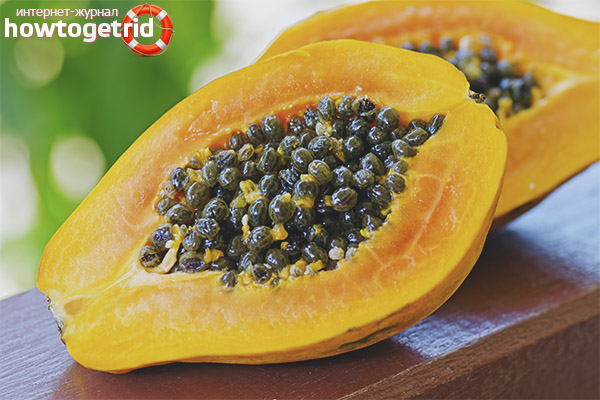
Despite all the benefits and dietary value of papaya, it can not be used in some medical cases.
- Allergy to yellow and orange fruits, vegetables is a strict contraindication. If a history of allergy to carrots, persimmon and melon was observed - it is forbidden to use the fruit. In other cases, enter into the diet carefully, starting with one slice per day. If rash, fever, swelling of mucous membranes, lacrimation, etc., occur, stop taking the fetus.
- It is forbidden to eat papaya and people with concrements in the bladder and kidneys, diseases of the excretory system.
- It is not recommended to abuse the fruit in patients with serious bleeding disorders.
- It is important to remember that even a seemingly normal fruit can be unripe. In this case, papaya juice turns into poison, as it contains the alkaloid karipain. It provokes severe food allergies, intoxication, prolonged diarrhea, acute pain in the stomach. Identify such juice is easy - squeeze the pulp and pay attention to the color. In the ripe fruit, the nectar is white and dense, and in the unripe it is watery and colorless.
Tropical papaya, surprisingly, has far fewer contraindications and adverse reactions than many local vegetables and fruits. Approach the selection of fruit carefully and purchase only from trusted suppliers.
Video: the benefits and harm of papay

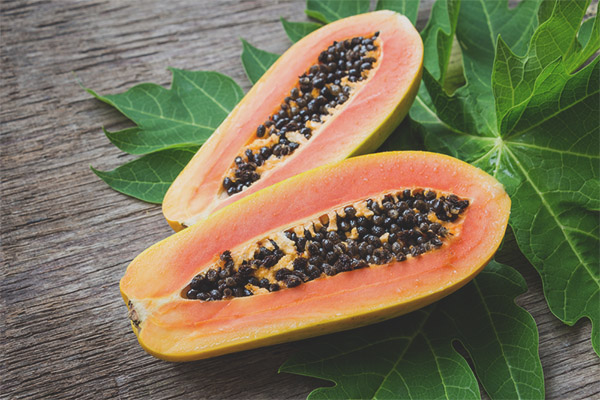
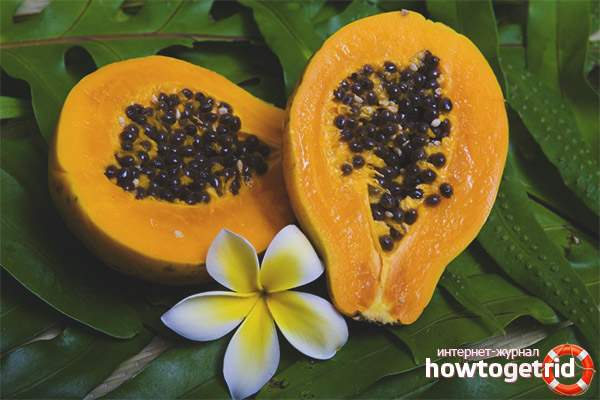

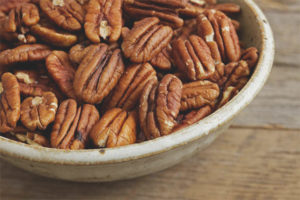
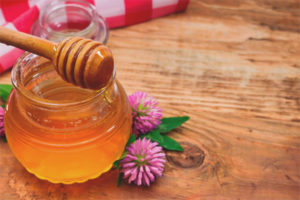
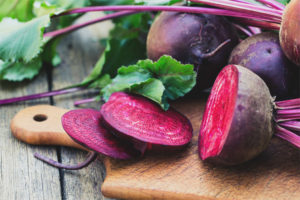
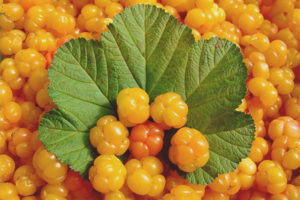
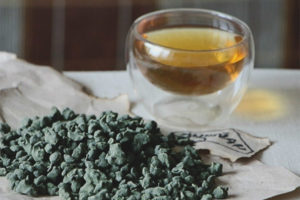
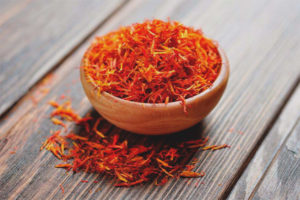
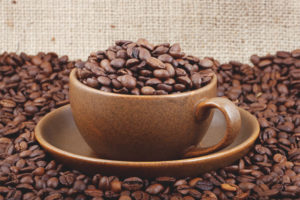
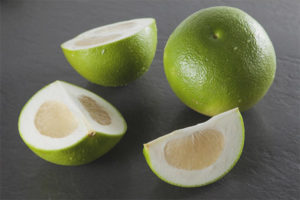
To send